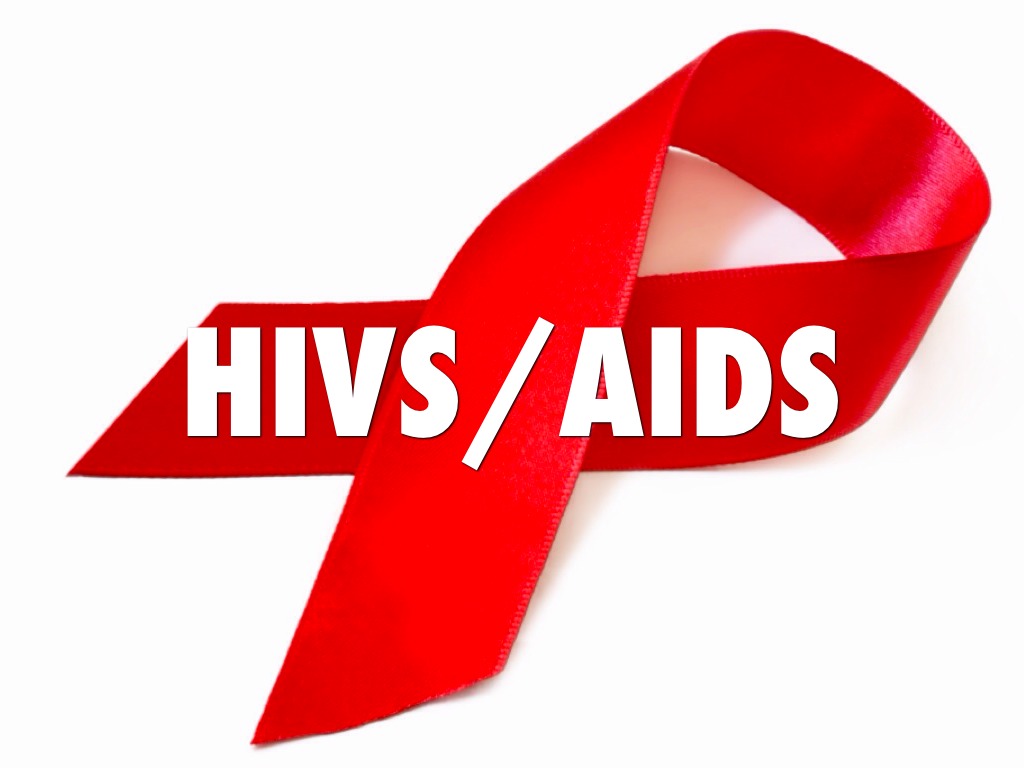The 2016 Human Immunodeficiency Virus (HIV) Sentinel Survey (HSS) report, has revealed a record high of 2.7 per cent prevalence in the Volta and Brong Ahafo Regions.
The report also named the Northern Region as currently recording the lowest of 0.7 per cent of HIV prevalence, while the Eastern, Ashanti, Greater Accra and Northern Regions were currently witnessing a drop in the prevalence rate.
Dr Mokowa Blay Adu-Gyamfi, the Director General of the Ghana AIDS Commission (GAC), who made this known at the media launch of the 2017 World AIDS Day in Accra on Wednesday, said the reduction in prevalence in the Eastern Region, has been consistent for the past three years.
She said the statistics brings to the fore the need to step-up HIV prevention alongside the “Know Your Status” and “Treat All” campaigns.
The annual event which falls on December 1, she said, would focus on the theme: “The Right to Health: Know your HIV Status,-Seek Early Treatment”, which was adopted from a broader global subject to spread the message and encourage every individual to know their HIV status, and more importantly to seek early treatment, and also to adhere to the treatment if tested positive.
“The drive to minimise stigma against Persons Living with HIV (PLHIV) or those affected by it continues unabated with the Heart-to-Heart Ambassadors, though regrettably it is on a low key due to lack of resources”, she said.
According to her, there had been a swing in the HIV prevalence in the regions due to the level of attention that was given to areas that had previously recorded high figures, and these had yielded positively, however the Commission would have to balance the awareness creation and other interventions in the coming years to leverage national outcomes.
Dr Adu-Gyamfi appealed to the Commission’s partners to sustain their support to help keep the campaign running to reach the many persons who needed sensitization and encouragement on stigma affecting PLHIV.
Dr Adu-Gyamfi urged persons who had tested positive of the HIV or was about to test to find out their status, to put all fears and inhibitions aside, and access treatment if they tested positive.
“We are working to find ways to make testing and treatment available to everyone by training lay counsellors and also setting up community health posts to make the service widely available to the public”
She appealed to partners to support the Commission in the “Know Your Status” and “Treat All” campaigns running, to reach the many persons who needed sensitisation and encouragement on stigma affecting People living with HIV (PLHIV).
Madam Cecilia Abena Dapaah, the Minister of Aviation with an Executive Oversight on the GAC Governing Board who launched the event, said Ghana has adopted the UNAIDS Fast-Track 90-90-90 targets to be achieved by 2020, and the national Strategic HIV and AIDS Plan 2016-2020 has set out some yearly goals, to help meet the global objective of ending AIDS by 2030”.
She said it was expected that by the year 2020, 90 per cent of all people living with HIV would know their status, and that 90 per cent of all the people diagnosed with the infection would receive sustained antiretroviral treatment, while an additional 90 per cent of all people receiving antiretroviral therapy would have viral load suppression.
Mrs Linda Asante Agyei, the Vice President elect of the Ghana Journalist Association, giving the media perspective on the World AIDS Day recounted the massive contribution of journalists through enhanced HIV and AIDS education, effective engagement with all partners, offering ideal platforms for awareness on prevention and stigmatization, and creating an award scheme for best reportage on the subject among other things.
She pledged the sustained support and collaboration of the media as key partners, to expand public knowledge on HIV and AIDS, remove stigma, and encourage voluntary counselling and testing to help eradicate the epidemic.
Madam Helen Odido, the UNAIDS Country Director, said stigma had been high in the fight against HIV because of the low awareness creation adding, and expressed the hope that increased knowledge would help effect a positive change against PLHIV.
She urged all stakeholders to change the message that had been entrenched in the minds of public that AIDS kills and propagate the message of hope that HIV was not a death sentence, and treatment with antiretroviral provides an assurance of a normal life for PLHIV.
Source: GNA



